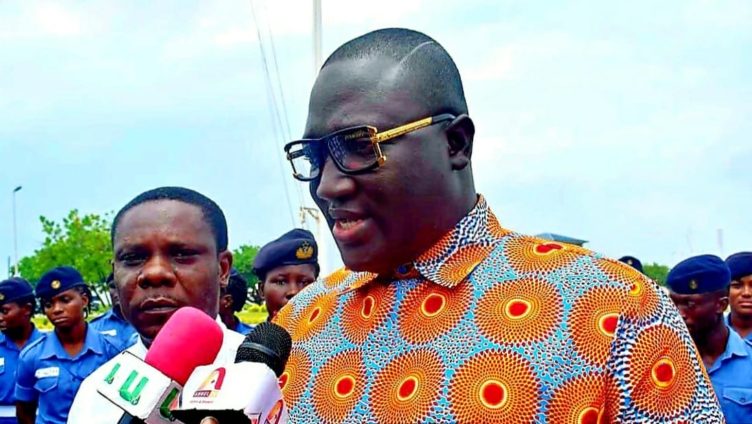Ghanaians no longer need empty promises from their leaders; what the nation urgently requires is a comprehensive, strategic policy or plan to effectively tackle the mounting debt crisis that has plagued the country for decades.
The persistent accumulation of debt by successive governments has created a chronic deficit that burdens citizens and hinders the nation's development.
This debt has become an economic blockade, draining resources and enslaving Ghana’s wealth to the hands of foreign creditors and investors.
The Debt Crisis: A Barrier to Development
The debt burden in Ghana is not just a financial issue; it is a significant obstacle to national development.
High levels of debt mean that a substantial portion of the country's revenue is diverted towards servicing these obligations, leaving limited funds available for critical investments in infrastructure, education, healthcare, and other essential sectors.
This vicious cycle of borrowing to pay off existing debt, without clear strategies for economic growth and development, has left the nation in a perpetual state of economic stagnation.
Need for a Strategic
Restructuring Policy Rather than more promises, Ghana needs a well-thought-out debt restructuring strategy that addresses both the symptoms and root causes of the crisis.
This strategy should include:
Debt Audits and Transparency: Conducting thorough audits of existing debts to ensure transparency and accountability in how loans have been utilized. This will help identify any mismanagement or corruption that may have contributed to the current situation.
Negotiation with Creditors: Engaging in negotiations with international creditors to restructure existing debts, possibly extending payment terms, reducing interest rates, or even seeking partial debt forgiveness. This would alleviate the immediate burden and free up resources for development.
Economic Diversification: Developing a robust plan to diversify Ghana's economy, reducing dependency on foreign loans and enhancing revenue generation from domestic sources. Investing in key sectors such as agriculture, technology, and manufacturing can create jobs, stimulate growth, and increase export earnings.
Fiscal Discipline and Governance: Implementing strict fiscal discipline to curb unnecessary spending and ensure that any new borrowing is directed towards productive investments that will generate returns and contribute to the nation's growth.
Sustainable Resource Management: Protecting and sustainably managing Ghana’s natural resources to ensure they benefit the nation rather than being exploited by foreign entities. This includes enforcing regulations that require fair compensation for resource extraction and reinvesting these earnings into the economy.
Ghanaians deserve more than promises—they deserve action. The time has come for the government to adopt a strategic approach to the debt crisis, one that prioritizes the nation's long-term economic health over short-term political gains.
By restructuring the debt and implementing policies that promote fiscal responsibility, economic diversification, and sustainable development, Ghana can break free from the cycle of debt and pave the way for a more prosperous future.
About the author; Nana Kweku Ofori Atta is a Security Consultant.
Latest Stories
-
Mpox crisis: 71% of cases concentrated in Western Region
19 minutes -
FIFPRO condemns Geremi Njitap ban, urges FIFA and CAF to act
1 hour -
Samuel Eto’o bans former teammate Geremi Njitap for five years
1 hour -
Police arrest 8 at Ayanfuri over galamsey, illicit drugs
3 hours -
Ghana Immigration Service issues warning on fraudulent recruitment schemes
4 hours -
NPA proposes tougher punishment to crack down on illegal fuel stations
4 hours -
Martin Kpebu rallies youth to take over the country
4 hours -
The 2026 NPP Presidential Primary
4 hours -
Trump announces air strikes on three nuclear sites in Iran
6 hours -
TESCON SD Dombo University condemns Stephen Amoah’s religious comment
7 hours -
Former SWAG President Ackah passes on
8 hours -
Maison Yusif unveils 2 new fragrances, opens flagship store in Accra
8 hours -
GOC, NSA commemorate International Olympic Day in Accra
9 hours -
Kalsoume Sinare, Namoale, 13 others land ambassadorial roles under Mahama
9 hours -
Photos: President Mahama arrives in Abuja for 67th ECOWAS Heads of State Summit
9 hours

